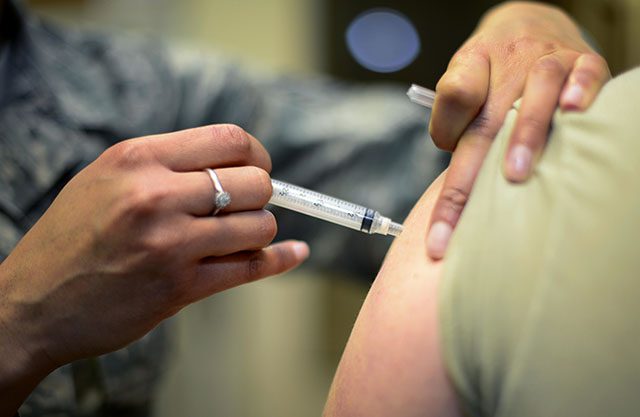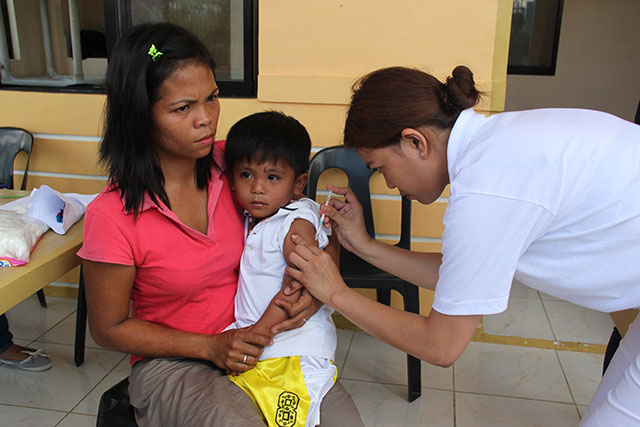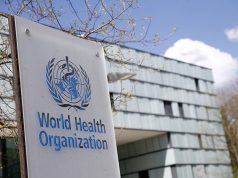
A Twitter user compared vaccines to how much an antivirus program of a computer would work in defending its host and eliminate potential threats.
Leonard Javier shared a tweet in relation to the measles outbreak and suggested that children, much like computers, need to be protected from viruses and other harmful elements through vaccination which he compared to an antivirus program.
Nag-iinstall ka ng anti-virus sa laptop pero hindi sa anak mo? Hala.
— Leonard Javier ⌬ (@STPbasileo) February 6, 2019
In his follow-up tweets, Javier added, “Inu-update mo pa nga antivirus mo tapos regularly nagru-run ng scan. Couldn’t you extend it to your child?”
In computers, an antivirus is installed to defend it from malware and viruses that might infect the system—much like how a vaccine would work on a human body.
Vaccines for protection
A vaccine is a substance that contains an agent resembling a disease-causing microorganism that is made from dead or weakened forms of a microbe.
For example, a vaccine for measles would contain dead or weakened microbes of the disease. When a body is exposed through vaccination, the body develops an adaptive immune response against measles.
Explaining how a vaccine would work, the World Health Organization noted:
“The agent stimulates the body’s immune system to recognize the agent as foreign, destroy it, and ‘remember’ it, so that the immune system can more easily recognize and destroy any of these microorganisms that it later encounters.”

If a person is not yet vaccinated from a disease, he will have higher chances of being infected since his immune system has not yet adapted or prepared itself through the help of immunization.
Ideal recipients would be infants and children because they are the most vulnerable to diseases due to their still-developing immune system.
“Infants are particularly vulnerable to infectious disease; that’s why it’s critical to protect them through immunization — to give a healthy start into life,” Dr. Sigrun Roesel, a WHO official based on its Southeast Asia Regional Office, explained.
Dr. Julie Hall, a former WHO representative to the Philippines, additionally said that children who receive vaccination have heightened immunity against diseases.
“Each vaccinated child helps to block and eliminate transmission of these viruses. Vaccination builds strong walls of defense against these diseases — reducing the risk of outbreaks occurring, decreases cases and eventually banishing these viruses altogether,” she said.
WHO noted that vaccines prevent “two to three million deaths per year,” mostly from various kinds of diseases like diphtheria, tetanus, pertussis and measles.









